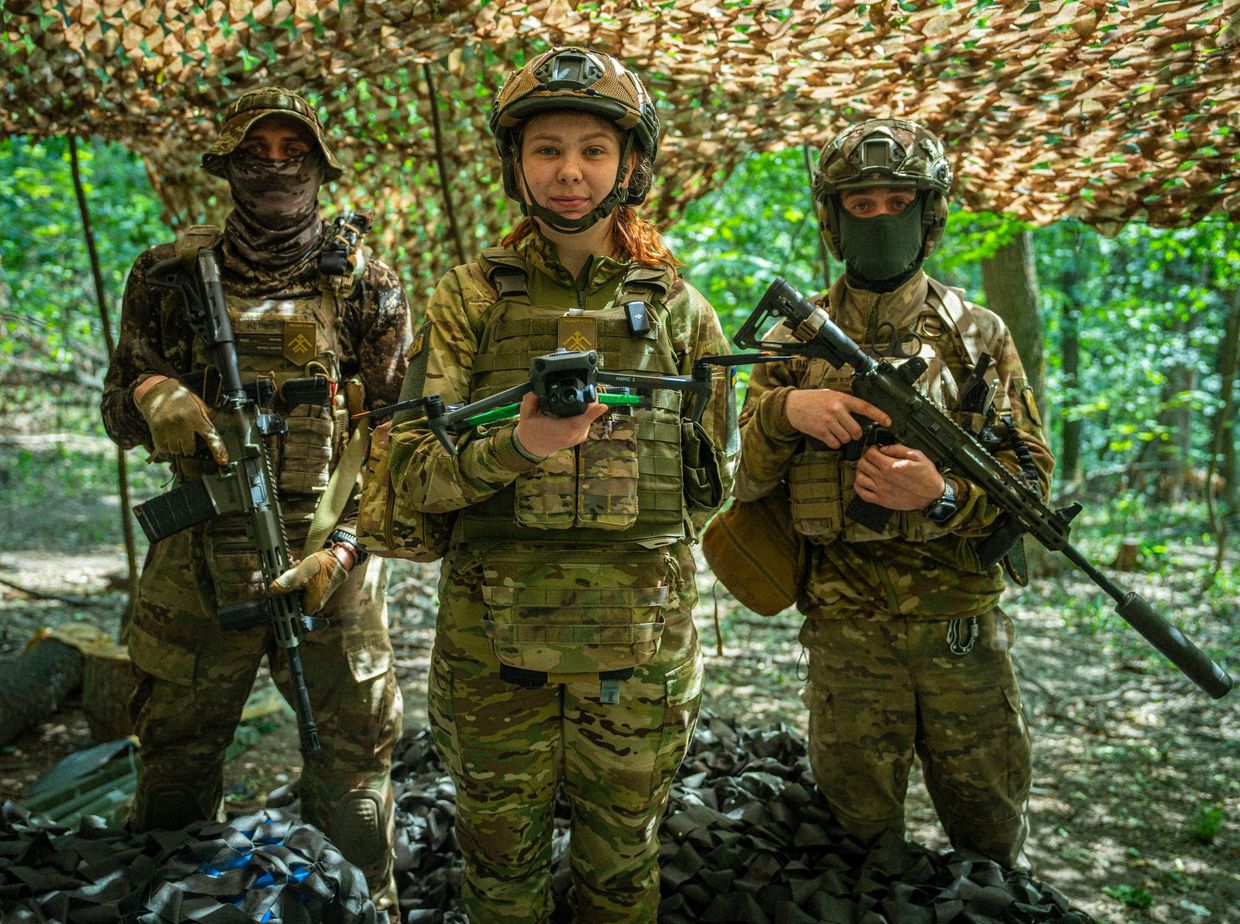Russia steps up attacks on Ukrainian draft offices to disrupt mobilization

In the span of nearly a week, from June 30 to July 7, Russian forces launched five strikes on enlistment offices in the cities of Kryvyi Rih, Poltava, Kremenchuk, Kharkiv, and Zaporizhzhia, damaging infrastructure and causing civilian and military casualties.
An attack on a Poltava enlistment center killed four, while another on Kharkiv left one dead. In Poltava, Zaporizhzhia, and Kharkiv a combined 118 people were injured. Each attack damaged several residential buildings, businesses, government offices, and educational institutions.
While Russia has targeted Ukraine's enlistment centers throughout the war, the recent attacks represent a more brazen shift in tactics aimed at disrupting Ukraine's mobilization efforts and sowing discord in society.
In the first months of 2025, Russian intelligence operatives reportedly orchestrated three terrorist attacks on enlistment centers in Dnipropetrovsk, Khmelnytskyi, and Rivne oblasts by recruiting local residents. Ukrainian authorities say they successfully foiled about a dozen additional plots in other regions.
"These attacks are aimed at disrupting mobilization and reducing the flow of recruits to the Ukrainian Armed Forces."
"Enlistment offices are primarily of interest to Russia because they store documentation and handle all the organizational processes of mobilization," Andrii Osadchuk, the first deputy head of the parliament's Law Enforcement Committee, told the Kyiv Independent.
"That is why these attacks are aimed at disrupting mobilization and reducing the flow of recruits to the Ukrainian Armed Forces," Osadchuk added.
Enlistment offices are responsible for organizing mobilization and maintaining military records, but they also serve as hubs for delivering social services to veterans, active-duty personnel, and their families. This dual role makes them one of Ukraine's key institutions during wartime, and attacks on them pose serious risks to both service members and civilians.
Mobilization push continues despite Russian countermeasures
Ukraine has been working steadily to grow its ranks throughout the full-scale war, announcing multiple mobilization drives and updates to enlistment procedures.
On July 16, the Ukrainian parliament further expanded eligibility by allowing individuals over 60 to sign military service contracts. Four months earlier, Ukraine also launched an initiative aimed at encouraging people aged 18 to 24 — those below the conscription age — to enlist.
Vitalii Sarantsev, a spokesperson for Ukraine's Ground Forces, told the Kyiv Independent that Russia is closely monitoring Ukraine's mobilization process and that the surge in attacks on recruitment centers in July was "no coincidence."


The wave of Russian attacks on enlistment offices has also sparked questions about Ukraine's preparedness and whether current security measures are sufficient to protect the recruitment network.
Following the recent strikes, the Vinnytsia regional enlistment office announced that it would temporarily suspend operations and relocate its services to different areas for security reasons.
According to Sarantsev, relocation is not the only measure Ukraine is taking to enhance the security of its enlistment offices. Equally important is the ongoing effort to move as many services as possible online, the spokesperson added.
"This is the responsibility not only of enlistment offices, but also of other ministries, including the Defense Ministry," Sarantsev said.
After lowering the conscription age from 27 to 25 in 2023 and passing a revised mobilization bill in 2024, aimed in part at updating the records of those eligible for service and transferring them to enlistment offices, Ukraine has taken several steps toward digitalizing its military.
Still, much work remains to be done, Sarantsev added.
"Transitioning to electronic services also requires security measures to protect online information. Enlistment offices currently do not have full access to all state registers and databases. So, this process will take time, but it is already in progress," he said.
Lawmaker Osadchuk also confirmed to the Kyiv Independent that enlistment offices across Ukraine have already received guidance on operating under heightened security conditions and have taken steps to respond accordingly.
He warned that while Russia is unlikely to stop its attacks and attempts to disrupt Ukraine's mobilization efforts, he believes that with the new security measures, they are "unlikely to significantly disrupt the ongoing mobilization process."
Note from the author:
Hi, this is Kateryna Hodunova. I wrote this story for you. Despite ongoing fatigue and the strain of prolonged war, Ukrainians continue to resist a Russian army that holds a numerical advantage. The key distinction remains: While Russian forces are conducting an invasion, Ukrainians are defending their home. That's a difference that matters — and one we shouldn't forget.
We are committed to reporting on Russia's ongoing war in Ukraine. If you'd like to support our work, please consider becoming our member.











